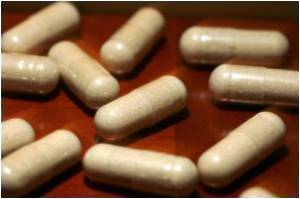
Our immune system is designed to fight off harmful substances. But when it does not work and antibiotics face resistance, then polymers enter the picture.
When the polymers touch the human body, they self-assemble, break through the cell membrane and walls, making it impossible for the bacteria to develop resistance to these nanoparticles.
The new polymer structures only destroy infected areas, leaving healthy ones, especially red blood cells, alone.
MRSA, antibiotic-resistant bacteria, poses two problems in the treatment of diseases – drug resistance and the high dosage that is needed which could kill even healthy red blood cells.
This is where polymers take over. As Dr. Yiyan Yang, Group Leader, Institute of Bioengineering and Nanotechnology, Singapore, says, "Using our novel nanostructures, we can offer a viable therapeutic solution for the treatment of MRSA and other infectious diseases. This exciting discovery effectively integrates our capabilities in biomedical sciences and materials research to address key issues in conventional drug delivery."
Advertisement
Source-Medindia









